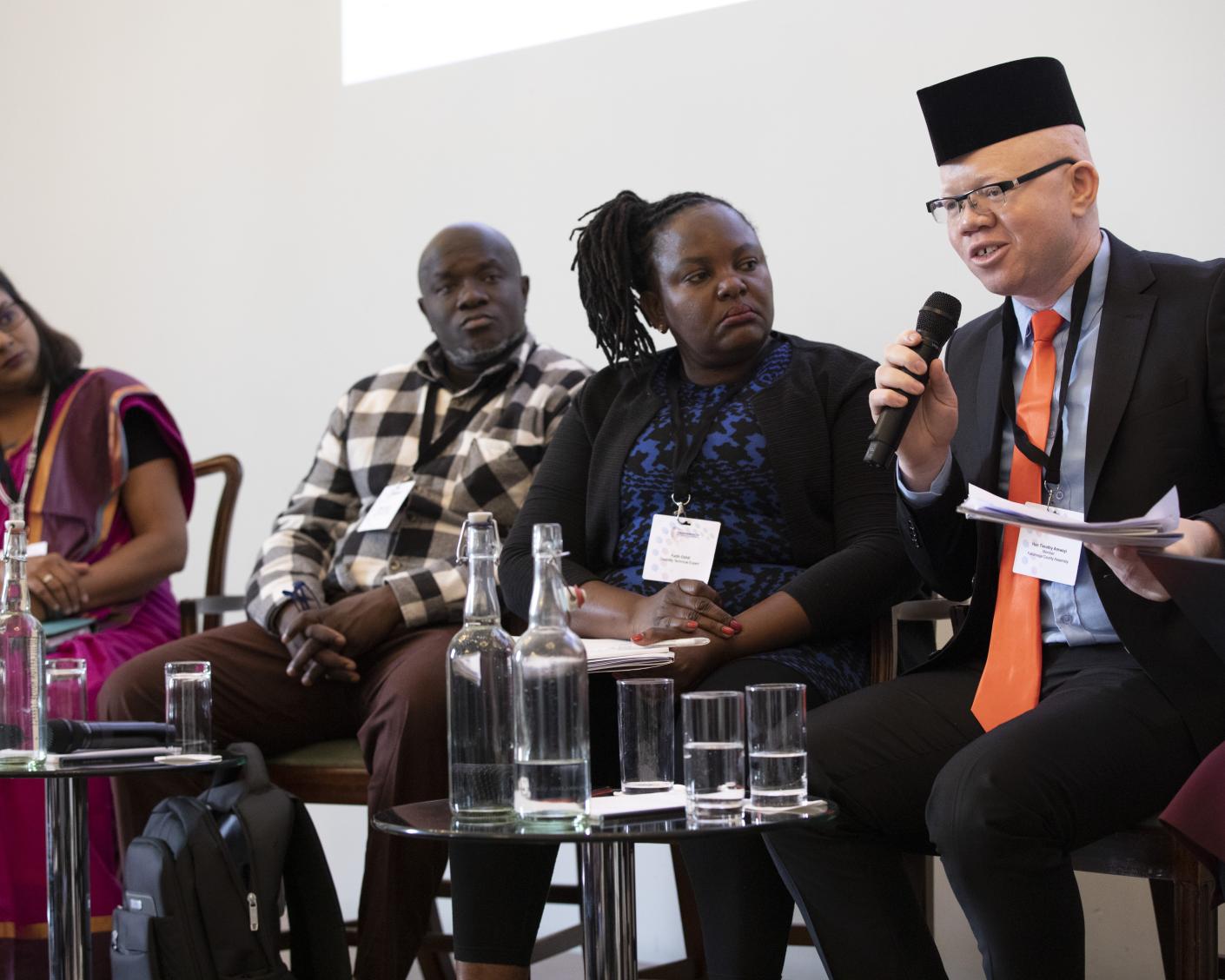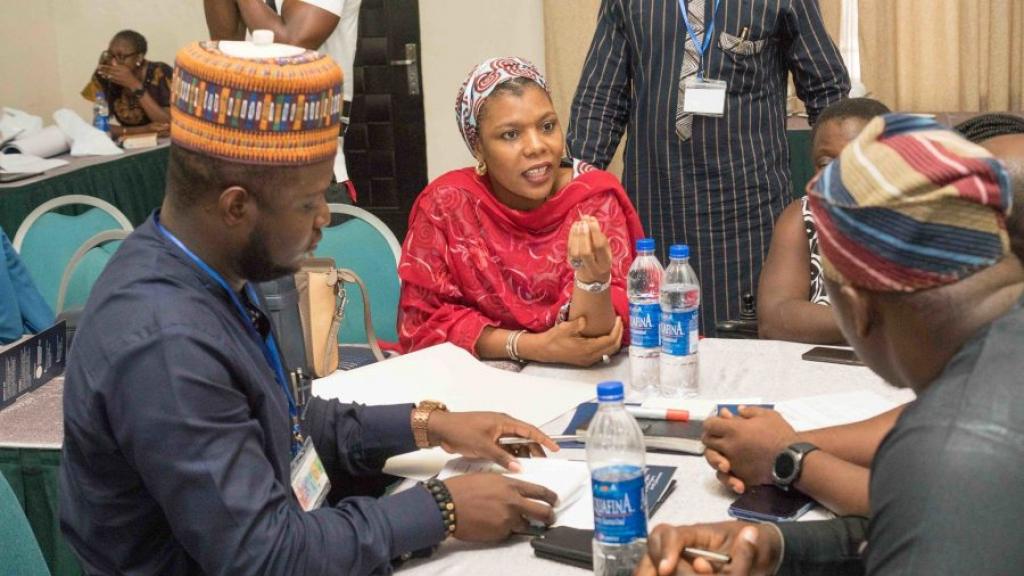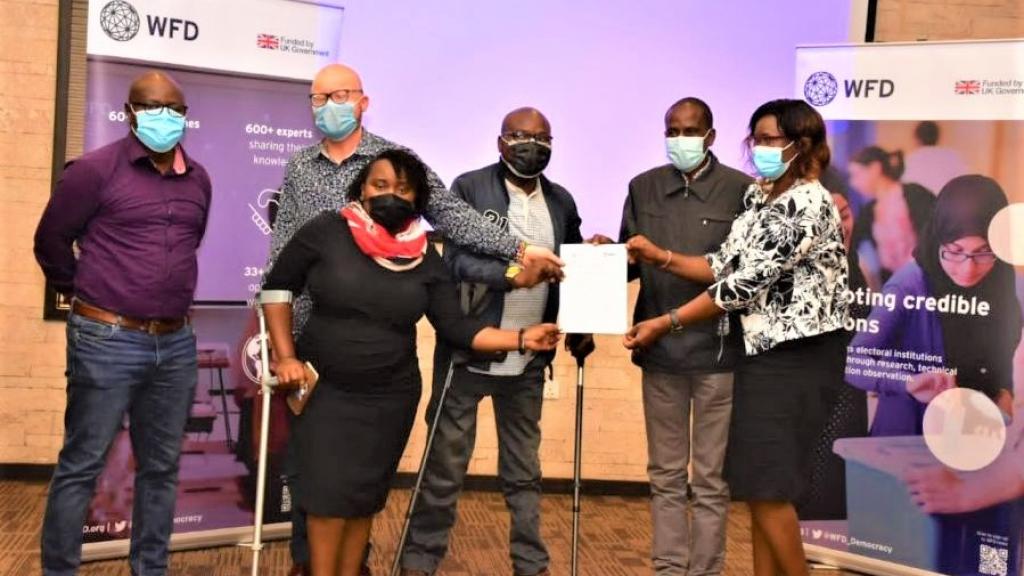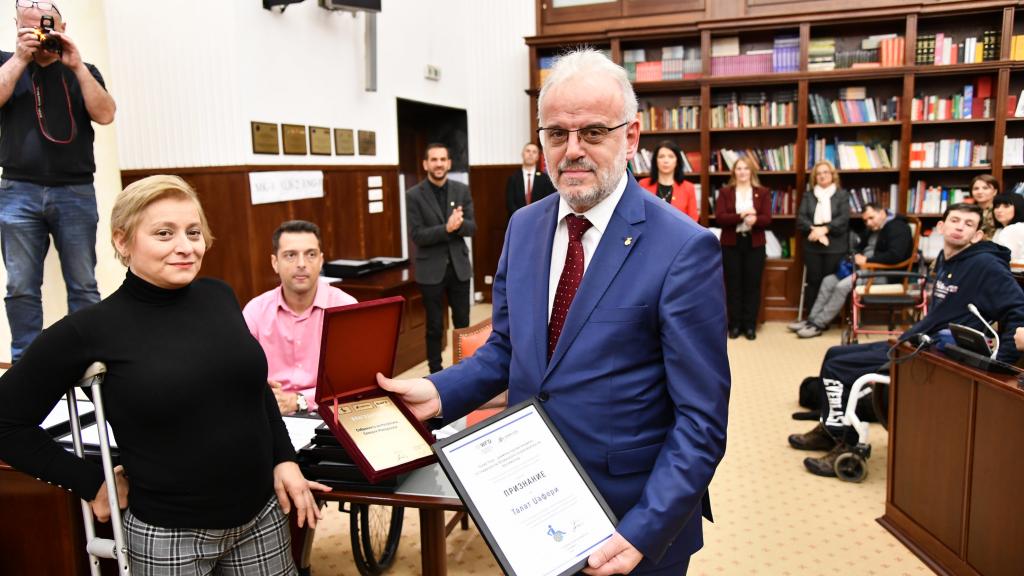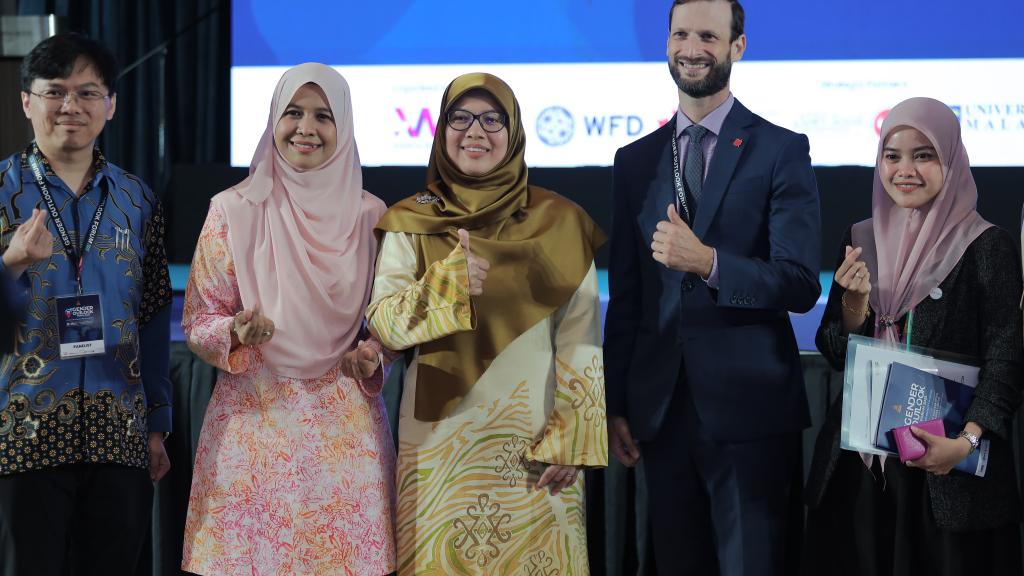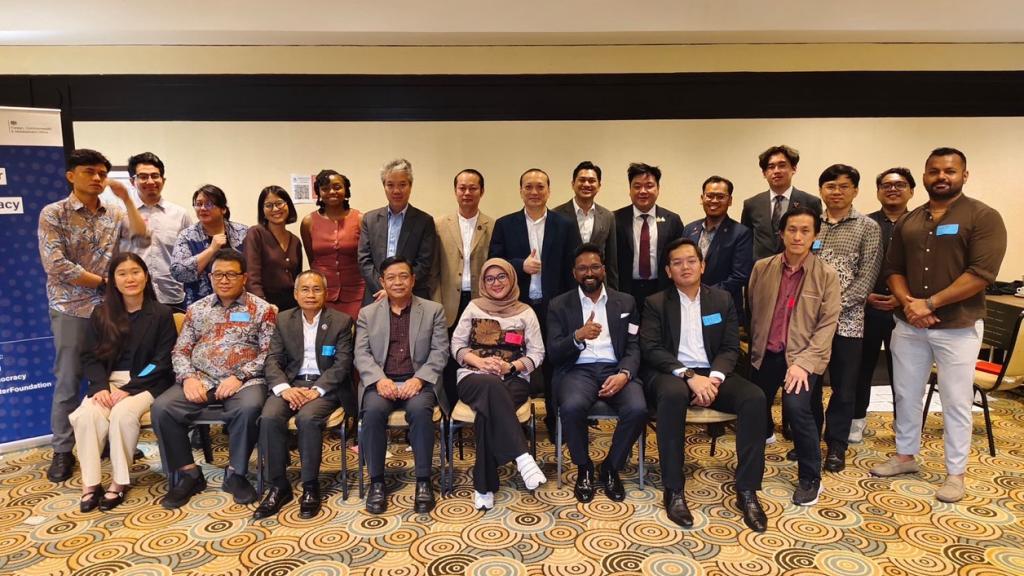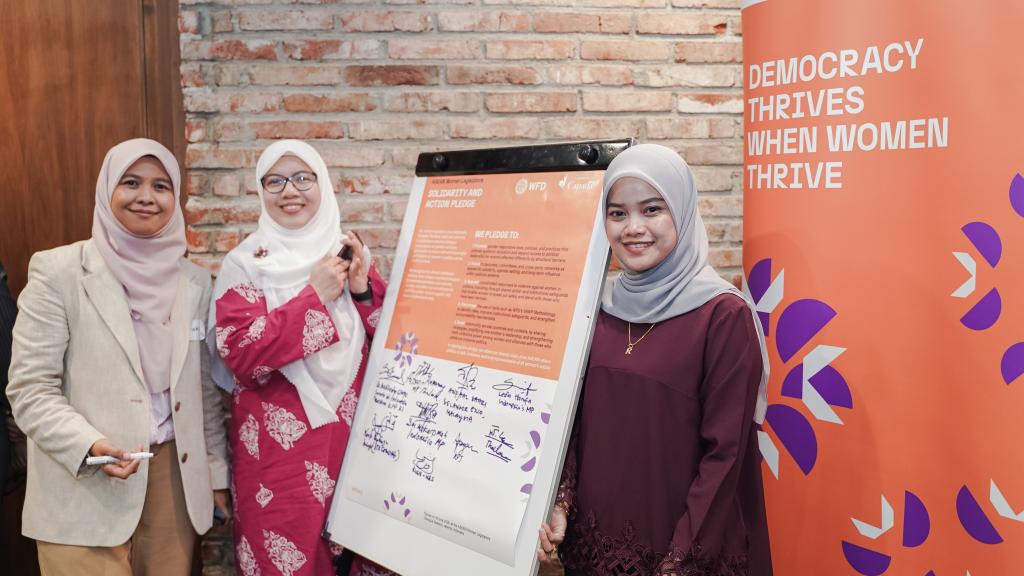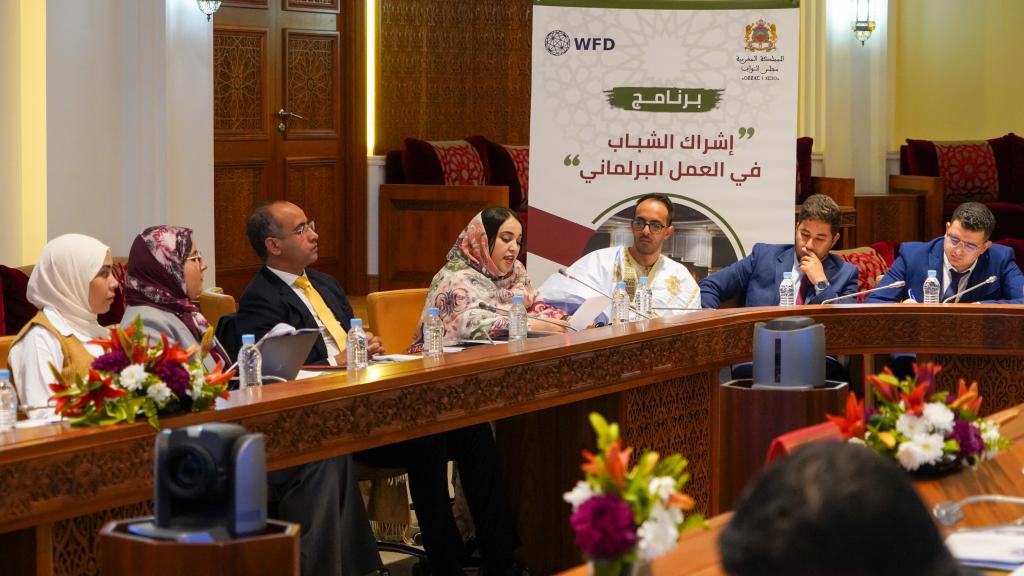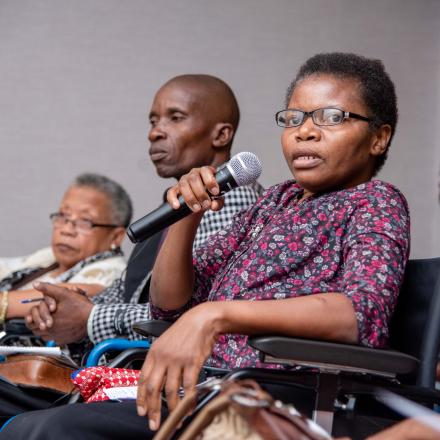
Participation and leadership of people with disabilities
WFD works towards inclusive political environments that invite and support the participation and leadership of persons with disabilities (PWDs).
Stigma and discrimination create barriers for PWDs, which WFD works to help remove. Without these barriers, disabled people can be independent and equal in society, with choice and control over their own lives. WFD's work to support the inclusion of PWDs includes:
- Helping to ensure electoral systems are accessible
- Supporting political parties to become more representative
- Helping political parties, parliaments and civil society organisations better understand the lived experiences of PWDs
- Ensuring political parties and parliaments can design, deliver and enforce policies and laws that lead to the best outcomes for PWDs
Young people's leadership and engagement
There are more young people in the world than ever before. This offers unprecedented opportunities for global growth, innovation and creative advancement.
To fully realise these opportunities, young people must be well-represented in decision-making. Societies that focus on creating good outcomes for children and young people enjoy substantial benefits over the longer term.
However, in most countries, including young people in decision-making is not yet the norm. Those with the power to make decisions often have a poor understanding of young people's priorities, such as access to high-quality education training and employment, technology, or health and wellbeing.
WFD has worked to support the role of young people in politics and civic leadership through:
- Parliamentary youth caucuses
- Youth-focused civil society organisations and forums
- Youth manifestos and electoral debates
- Mobilisation efforts targeting young people as voters
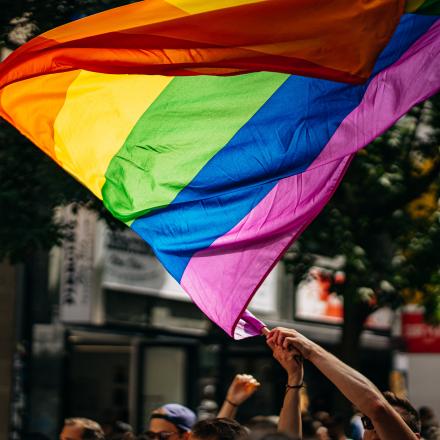
LGBT+ political participation and leadership
WFD supports LGBT+ people’s right to equality through strengthening democratic institutions and practices. Progress for WFD means both advancing LGBT+ people’s rights to equality in contexts favourable to pursuing change, including through law and/or policy reform, as well as mitigating the rollback of rights and holding the line in inert or regressive contexts. To achieve this, WFD follows three main avenues to equality and inclusion:
- Improving the capacity of governments, parliamentarians, decision makers and non-government actors to enhance legislation and policy and to deliver effective oversight of the implementation of law and policy.
- Building and strengthening collaborative relationships and alliances between and among political decision-makers and non-government actors and ensuring the flow of reliable tailored information and evidence among stakeholders.
- Encouraging government actors, parliamentarians, decision makers and non-government actors to improve the protection of the human rights of LGBT+ people, eliminate discrimination, and counter mis- and dis-information on democracy and democratic freedoms.
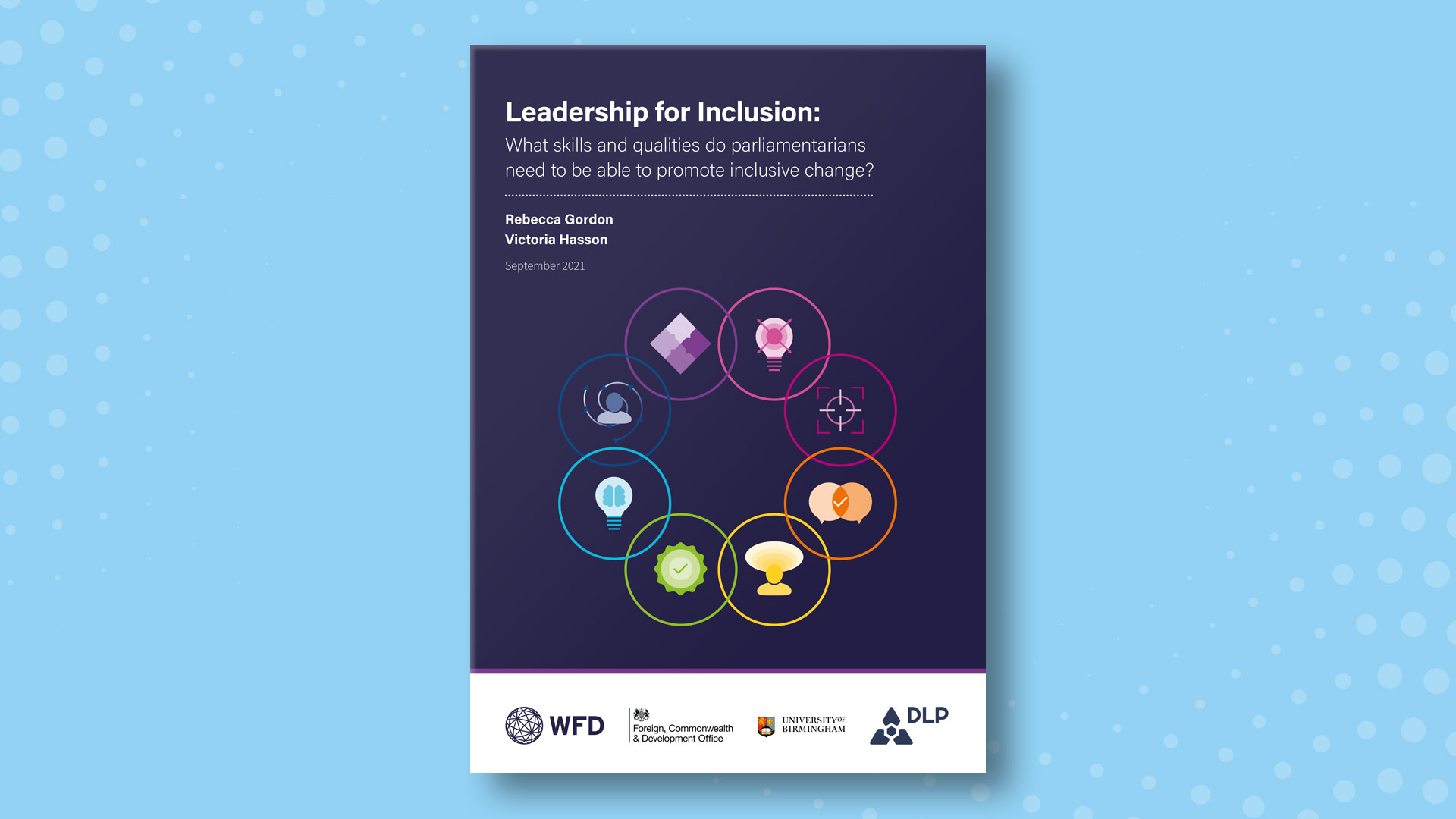
Leadership for inclusion
This report by WFD, in partnership with University of Birmingham, identifies what skills and qualities are needed among parliamentarians to be able to promote inclusive change.

